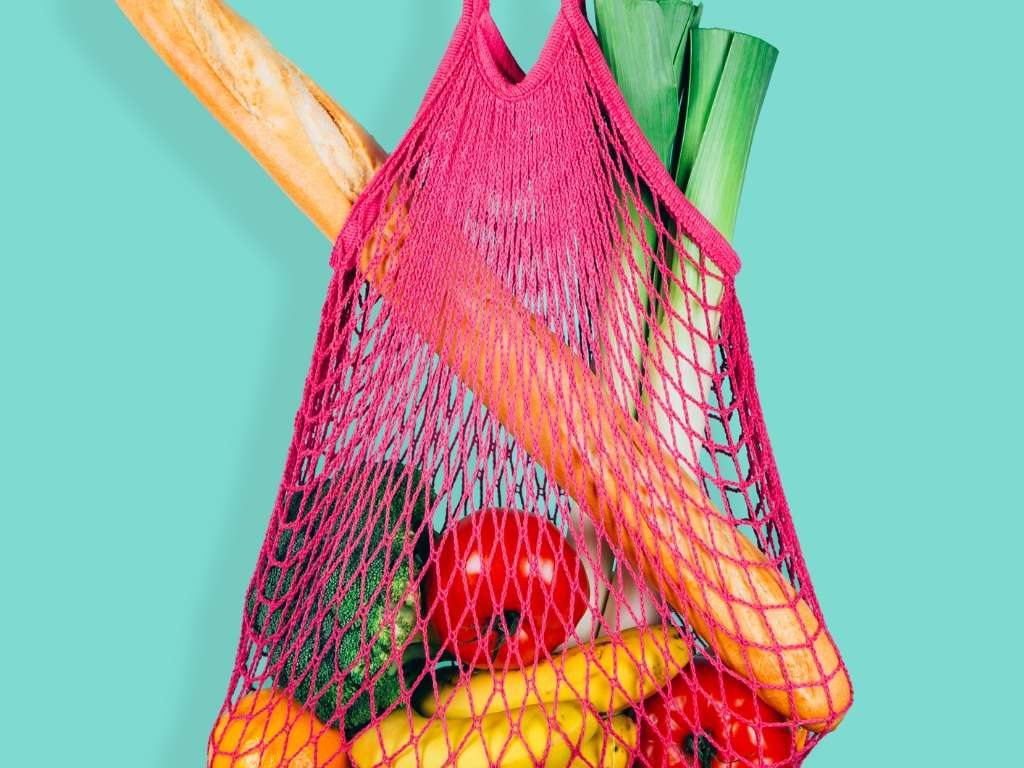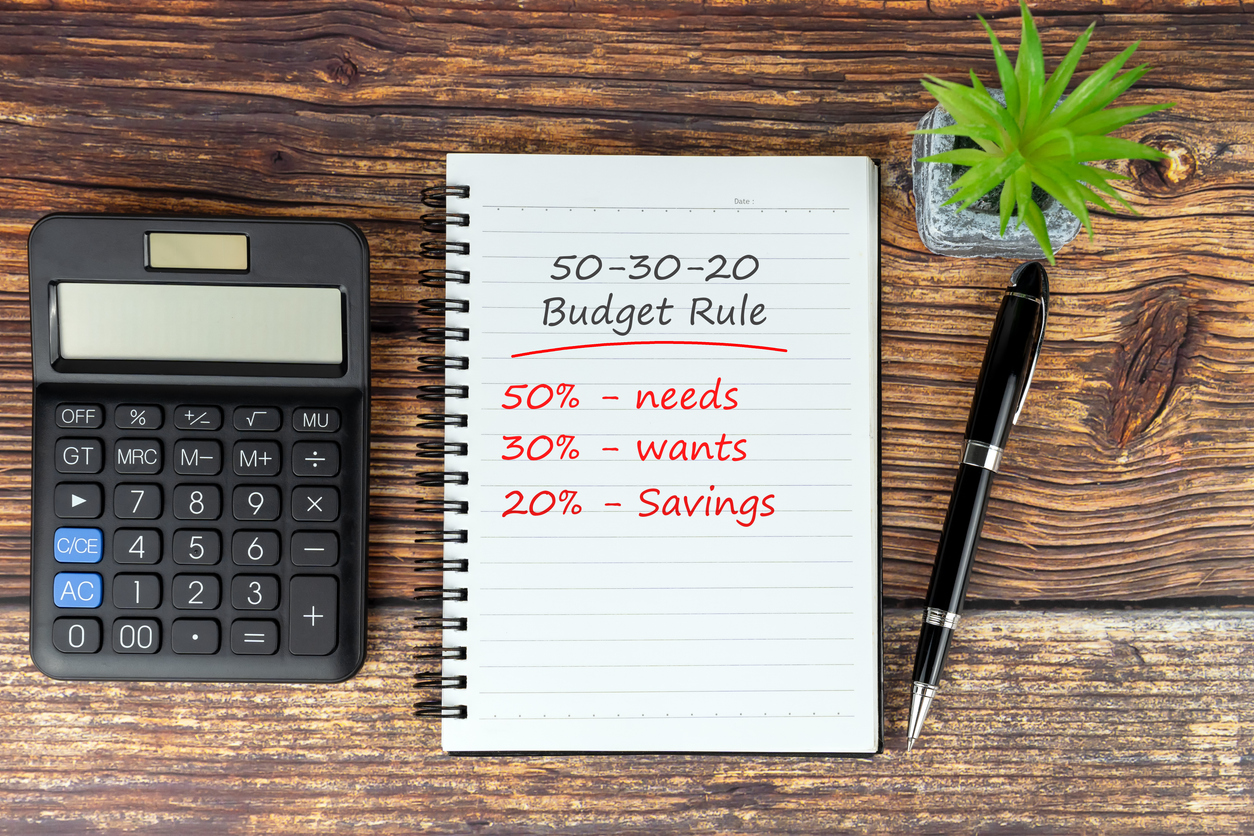I set myself a zero-waste challenge and the rules were simple. I did not allow myself to buy anything that would contribute to landfill.
This does not include recyclable materials. I do realise that a lot of our recycling tragically does end up in landfill. It’s a problem that frustrates me every day. However, the self-imposed challenge helped put my mind to what and how I was recycling. Hopefully, governing bodies will eventually improve upon what I regard as a very broken recycling system.
My Solo Zero Waste Challenge With Some Useful Tips
Sustainable Living | 27th April 2021 by Micky Clancy
Micky writes about a challenge she set herself to live zero waste for a month. As a Solo, she writes about her sustainable living journey and the personal effort she makes, inspiring us to live well while living alone and navigating life solo.

What is a zero-waste challenge?
I set myself a zero-waste challenge and the rules were simple. I did not allow myself to buy anything that would contribute to landfill.
This does not include recyclable materials. I do realise that a lot of our recycling tragically does end up in landfill. It’s a problem that frustrates me every day. However, the self-imposed challenge helped put my mind to what and how I was recycling. Hopefully, governing bodies will eventually improve upon what I regard as a very broken recycling system.
Here is how I approached my challenge:
- If the product could be recycled or re-purposed, I would be able to buy it.
- If there was an ultimately package free alternative, I must purchase that one instead or use my own bags and boxes. For example, they use paper bags in my local bakery, but I would put the bread straight into a tote bag.
- I would be kind to myself if I have to buy something that can’t be recycled or repurposed.
Tips for approaching a zero-waste lifestyle
-
There is no denying that during my month-long challenge, my food became far more time consuming to prepare, primarily because I had to make a lot of meals from scratch. For example, stocks were all homemade. Usually, I will use a stock cube from a supermarket taking two minutes to prepare. However, to make stock, it takes a few hours! I would say it is worth all the effort. Homemade stock is far more delicious and cheaper, too – I managed to get all the ingredients for free from my local shops. My local butcher gave me chicken bones, and I managed to get my hands on vegetables that were too far gone to be sold but ideal for using as a base for stock.
I developed the habit of carrying produce bags and containers everywhere I went – just in case I needed them. Often I will buy food spontaneously if it looks good and appealing, so taking containers and bags everywhere was definitely something I had to do! And although the boxes would rattle around in my bag quite often, it wasn’t an issue.
Here are some more suggestions making the scope of my challenge just a little bit easier. However, I have to admit it was noticeable how it was never going to be as easy or convenient as buying food in plastic packaging.
- Buy loose fruit and vegetables – most UK supermarkets now have most of their fruit and veg available in package free alternatives, and independent greengrocers are always worth seeking out.
- Venture to your local market with your containers (most stall owners are pleased to accommodate your requests).
- Ask yourself if you NEED a product and if you do, look for environmentally-friendly packaging.
- Check out your local plastic-free shop – here is a website mapping out all the plastic-free shops in the UK.
Why did I take on a zero-waste challenge?
For years I have been advocating about reducing my waste and encouraging others to do the same. During my writing journey, I have literally cried at the facts I have encountered through my research. I vividly remember working out that in 2016, the 221 million tonnes of waste the UK generated equated to just under three times the weight of the moon. You can imagine the number of times I had to double and triple-check that fact!
I am an outdoor person at heart, and nature never fails to take my breath away. For me, preserving the natural environment is a no-brainer. I have come across many examples and experiences of pollution in nature. When sea swimming, I often find bottles or become tangled in discarded fishing wire. To physically be forced to face our plastic addiction regularly acts as a constant wake-up call to take action! I challenge you to walk down a street or through a park and not spot one piece of rubbish (I will eat my shoes if that’s the case!)
What worked with my zero waste challenge, and what didn’t?
When I took on my self-imposed zero waste challenge, it really was an experiment, and I wasn’t sure if I would be able to make it part of my lifestyle after one month. However, I did expect to continue producing less waste than I did before I began the challenge. Surprisingly, most of the habits I picked up, I have decided to keep using. But many are just not practical.
Zero waste habits that work
Buying locally was such a pleasant surprise! I have always tried to use local shops, but I resorted to shopping in just one supermarket for my entire food shop during lockdowns and the pandemic. I deemed it necessary during the initial lockdown, but it did become a habit. One that I am so happy I break! My local shops have such a great atmosphere, and I have had endless conversations with those who work there, rather than the lack of interaction you receive in a supermarket. The sense of community was definitely a highlight!
Less packaging means I find myself eating more healthily! With biscuits, cakes, and endless other food that aren’t that great for your health being packaged, I stayed away from them for a month. Now, I work in a bakery, so cake is readily available to me – phew. I don’t have to miss out on my sweet treats. However, I do eat less sugary foods and appreciate it even more when I indulge in fresh baking.
What didn’t work
Sadly, some products don’t come with a package free alternative. For one month, I gave up these foods, but it will not be realistic to give them up forever for me. I can easily say no to unhealthy food, but at heart, I absolutely love to cook, and ingredients such as dried seaweed that I use to make sushi don’t come without plastic. Therefore, there will be the occasional food product that does come in plastic packaging.
Life after my zero waste challenge
To live zero-waste is perhaps a misleading headline, and in fact, it is a term I dislike. Why? Because I believe it can create an unattainable standard that is difficult to achieve. We have to be kind and realistic with ourselves during a more environmentally friendly journey, especially when trying to make an effort, and plastic is everywhere!
Any step in the right direction is a positive one. Although I wasn’t able to go completely plastic-free, I was indeed able to change my shopping habits for the better! By supporting smaller and local businesses and changing a few shopping habits, I am glad to support the development of local retailers, who are more likely to encourage the local economy and be more open to adopting less wasteful practices.
Share this post:
Hear from Solo Living now and then by signing up to our mailing list





















